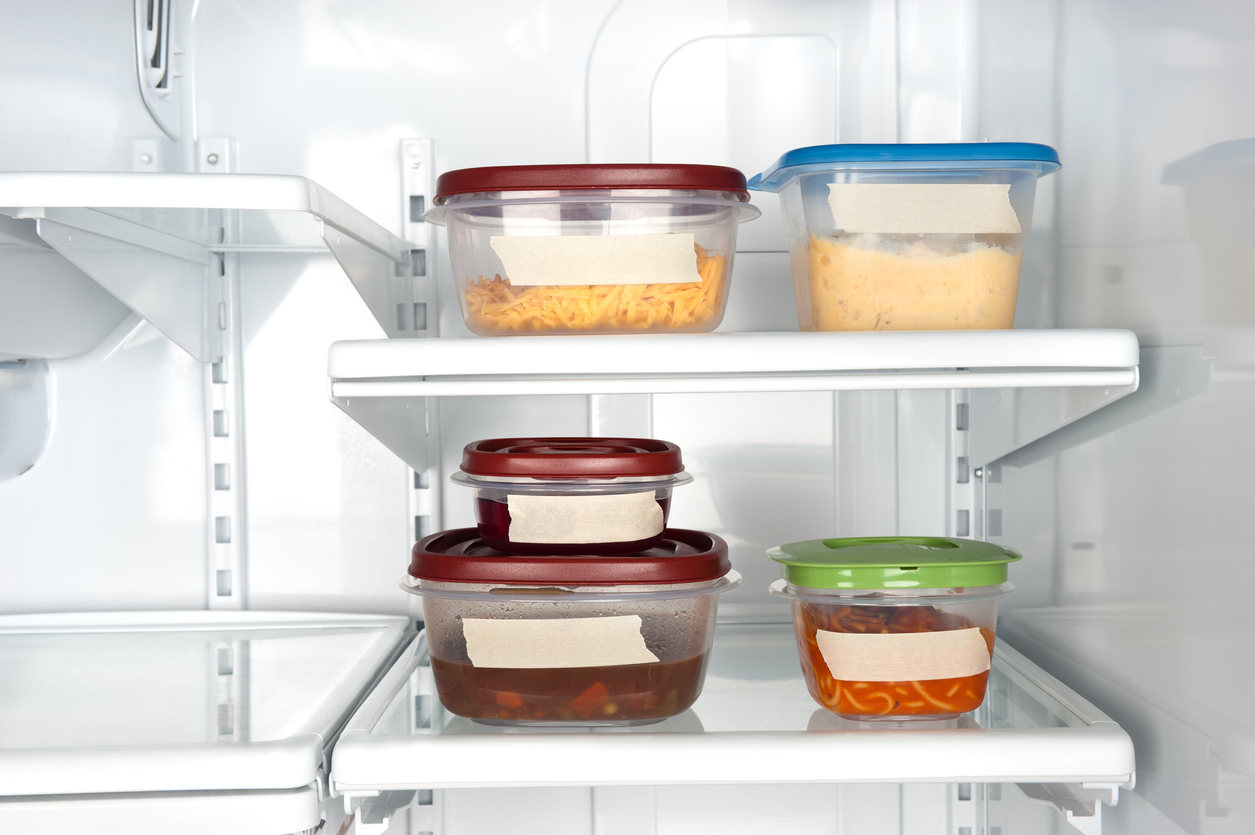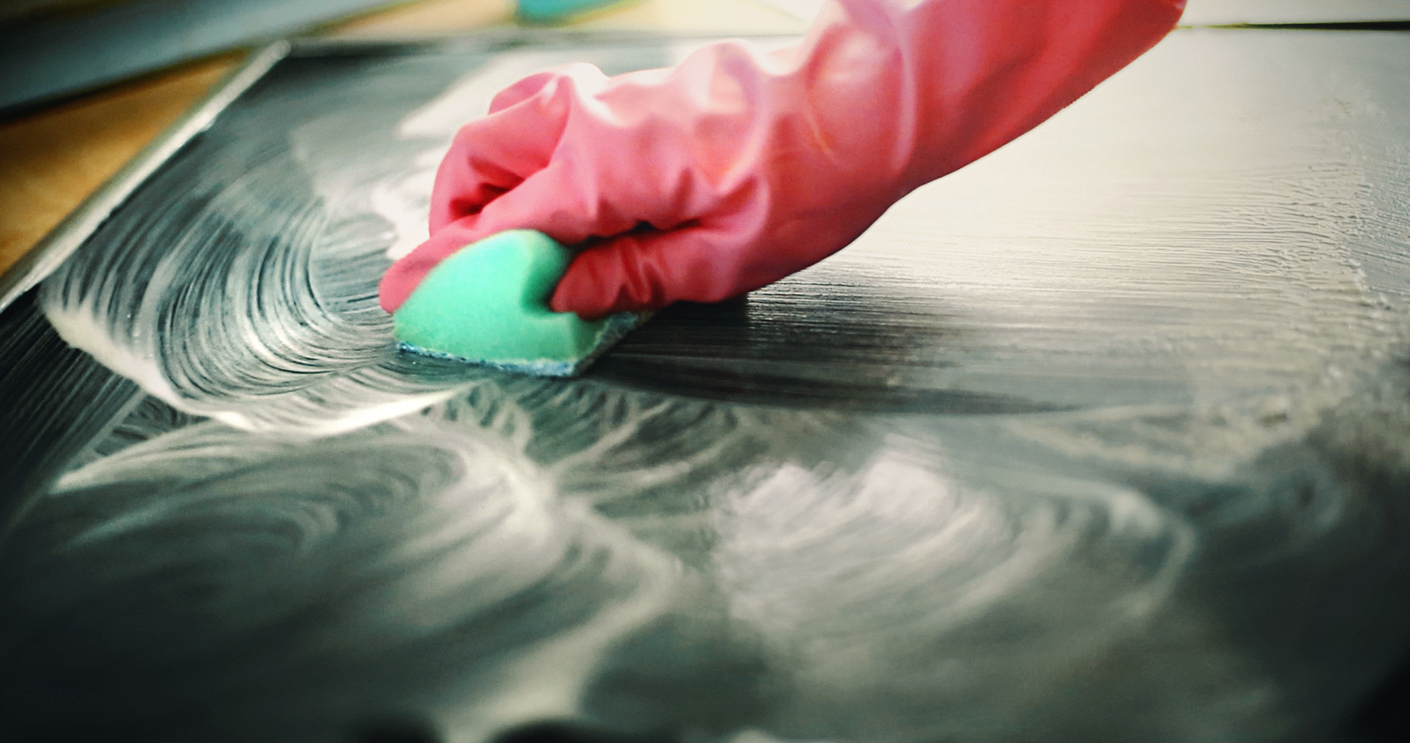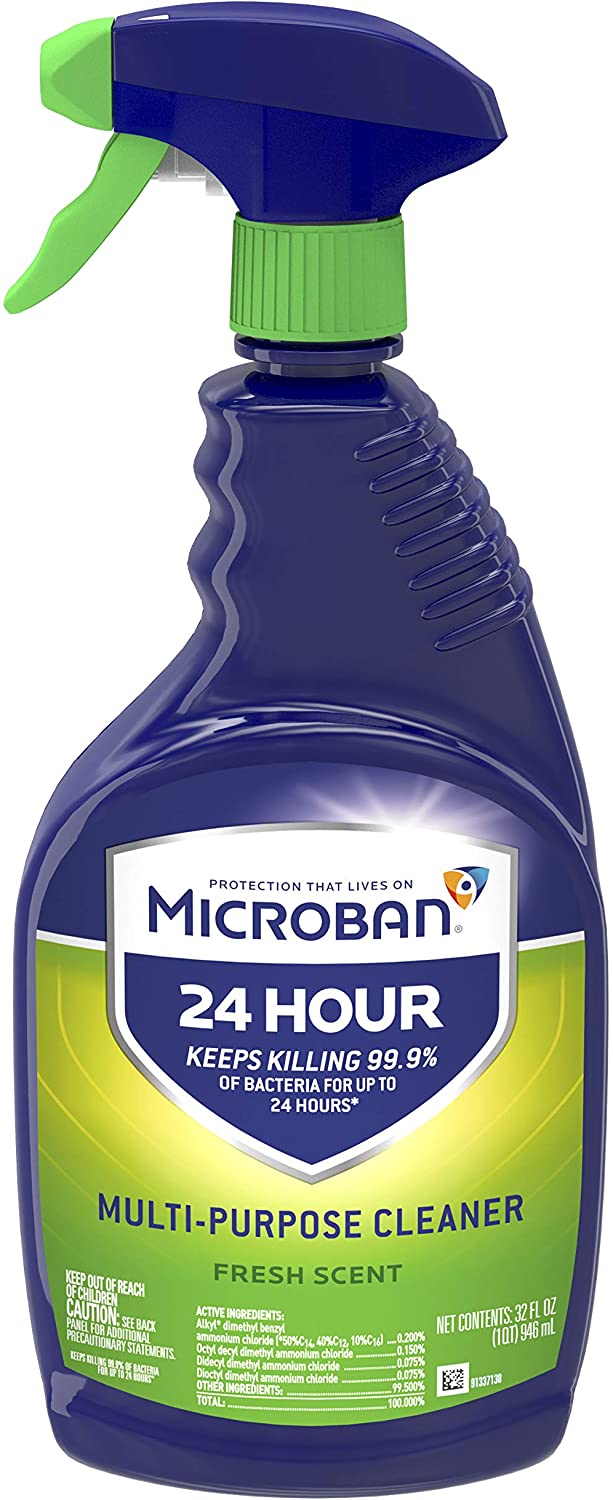We may earn revenue from the products available on this page and participate in affiliate programs. Learn More ›
Q: Recently, I noticed that many products in the kitchen have the Microban symbol printed on the front or the back label. What is Microban and what is it commonly used for?
A: Microban is an antimicrobial additive that can be integrated into a range of materials during the manufacturing process to provide a built-in, permanent layer of protection against bacteria, fungus, mold, and mildew. While it’s true that there is a growing group of kitchen utensils, knives, and even food preparation equipment that are manufactured with Microban, this product is also used in hospital environments, and in some construction fields, like flooring.
Due to the integration process, Microban additives don’t wash away or wear off, ensuring that the kitchen equipment has an ongoing added protective quality that destroys or inhibits the growth and reproduction of microorganisms. A separate line of products, Microban 24 offers a more direct approach with a range of antimicrobial sprays that clean and disinfect for up to 24 hours.

It can be integrated into a number of materials.
Microban is successfully integrated into a range of various materials including plastic, stainless steel, and even ceramic. It’s common to find the Microban label prominently displayed on shelving, medical carts, wall storage systems, medical curtains, refrigerators, dishwashers, lunch bags, food storage containers, and many more products.
The antimicrobial properties of this additive make it an appealing product for numerous applications, so it isn’t surprising that Microban has made its way into the medical, food preparation, and home renovation industries where extra protection is most needed against potentially harmful microorganisms.
Microban offers lasting product protection against the growth of bacteria, mold, mildew, and algae.
The purpose behind Microban antimicrobial additives and any antimicrobial product is to destroy and inhibit the growth of microorganisms like bacteria, mold, mildew, algae, and fungus. This is accomplished through the integration of antimicrobial agents into the molecular structure of the product during the manufacturing process.
When invading microorganisms land on the protected surface the Microban additive sets to work, penetrating the cell walls of the microbes, killing some microorganisms outright, while preventing remaining bacteria, mold, and fungus from multiplying. This ongoing damage is accomplished through four different methods including protein damage, cell disruption, oxidative damage, and DNA disruption.
Related: Solved! Does Vinegar Kill Mold?

It will not wash off or wear away.
While antimicrobial and disinfectant sprays can be washed away or wear off over time, Microban antimicrobial additives are not affected by water, soap, or scrubbing, so users don’t need to worry about accidentally washing off the protection provided by this product. Due to the process of integrating the antimicrobial additive directly into the material during the manufacturing process, the additive is essentially a part of the material, so it cannot be removed without destroying the actual product.
While any product has limitations, the Microban antimicrobial additive will remain in the material long after the item itself is no longer functional, which means that the Microban protection isn’t going to simply wear off and leave products exposed.
Related: 10 Times You Should Never Use a Clorox Wipe

Microban 24 cleaning products kill bacteria on surfaces for up to 24 hours.
Standard Microban additives are integrated into the material to provide ongoing resistance to invading microorganisms. The Microban company also produces a disinfectant spray known as Microban 24 that can kill up to 99.9 percent of bacteria and viruses on a surface. It also provides a protective shield against microorganisms for up to 24 hours after application. This potent spray is more effective than the built-in additive against potentially harmful microorganisms, like COVID-19, the common cold virus, and the flu virus.
For best results, invest in Microban-protected products and clean them regularly with the Microban 24 disinfectant spray. Though it needs to be mentioned that Microban 24 takes about 60 seconds to kill the COVID-19 virus (SARS-CoV-2), so the surface shouldn’t be wiped clean for about a minute after application.


